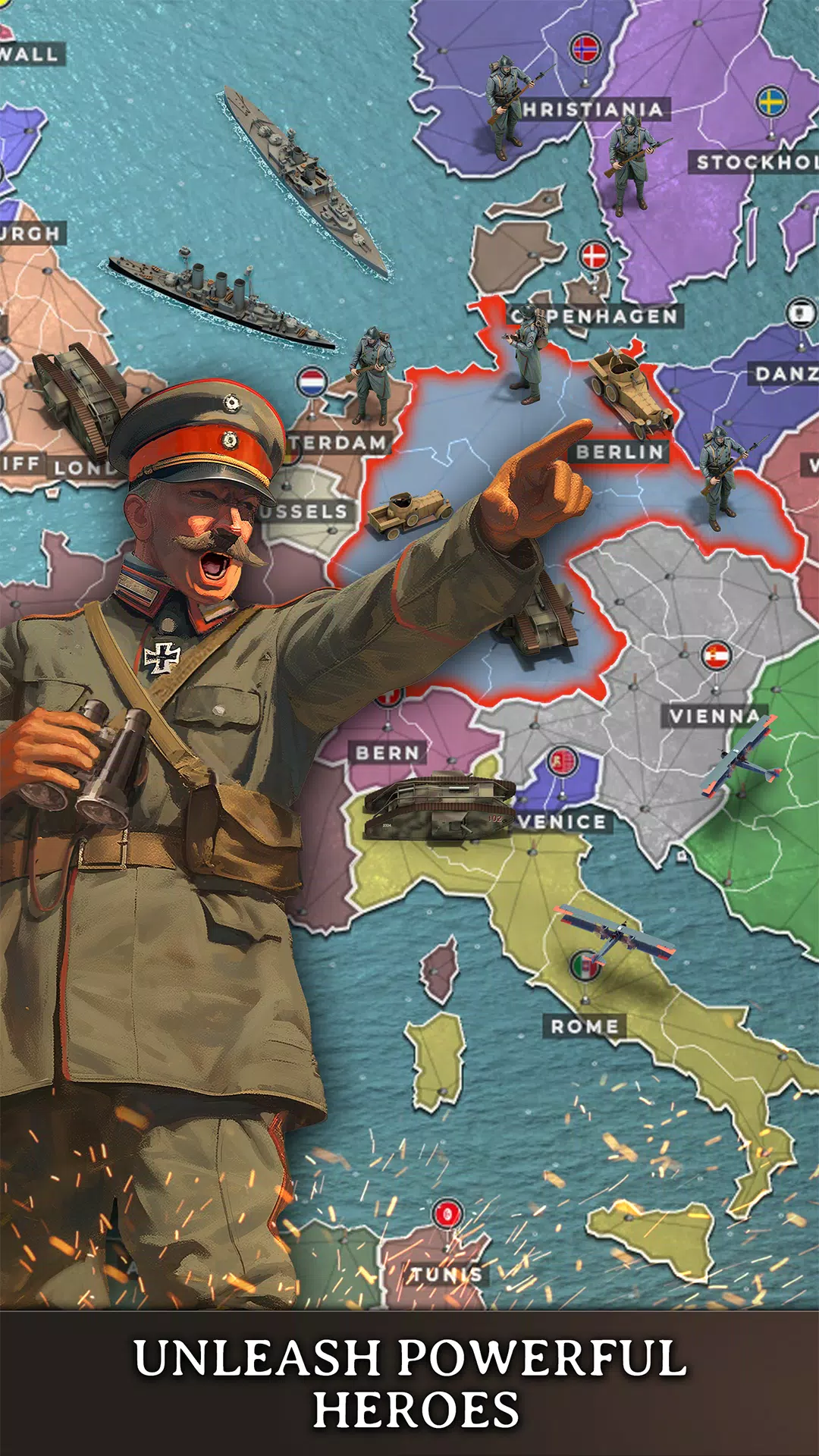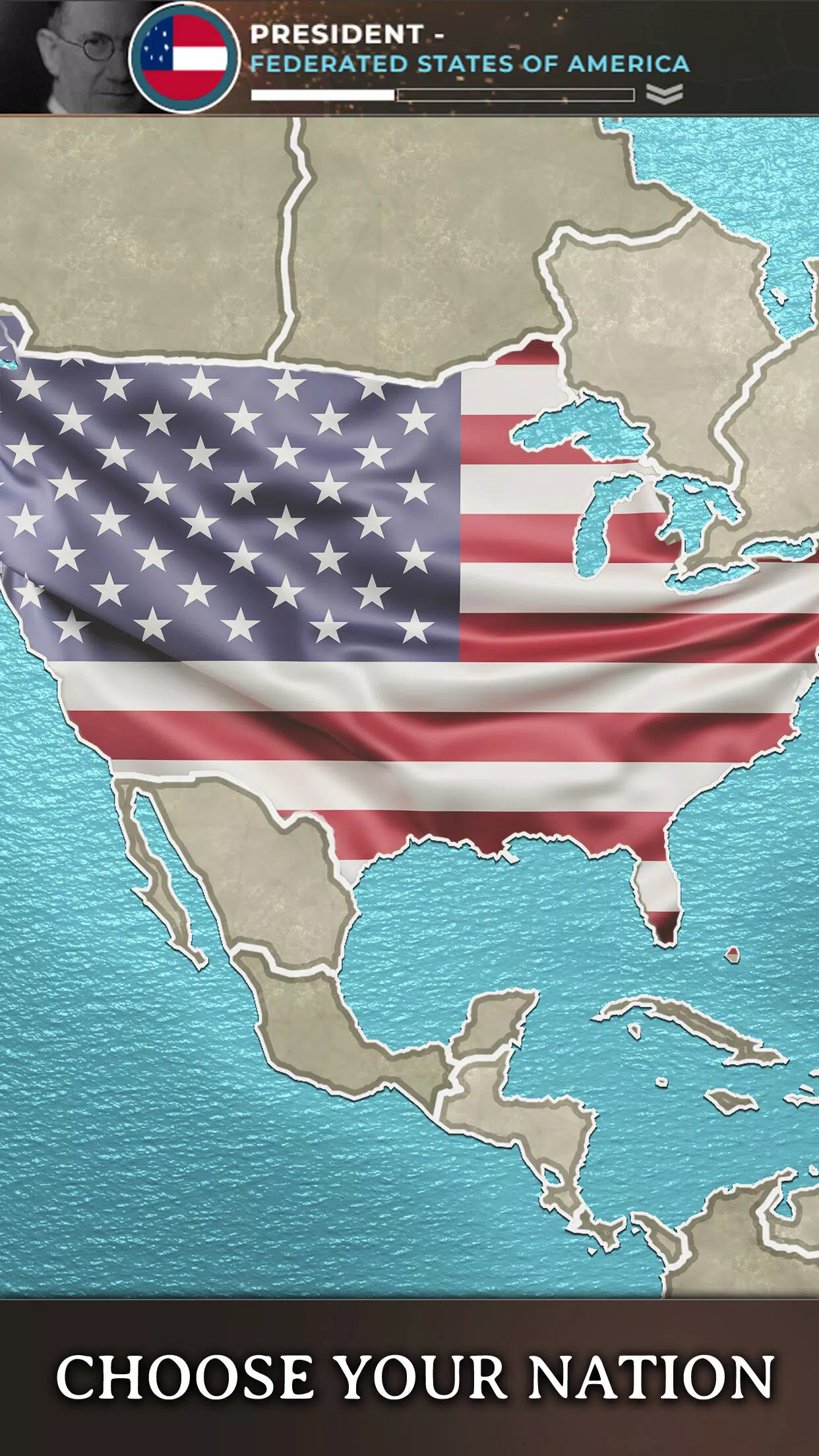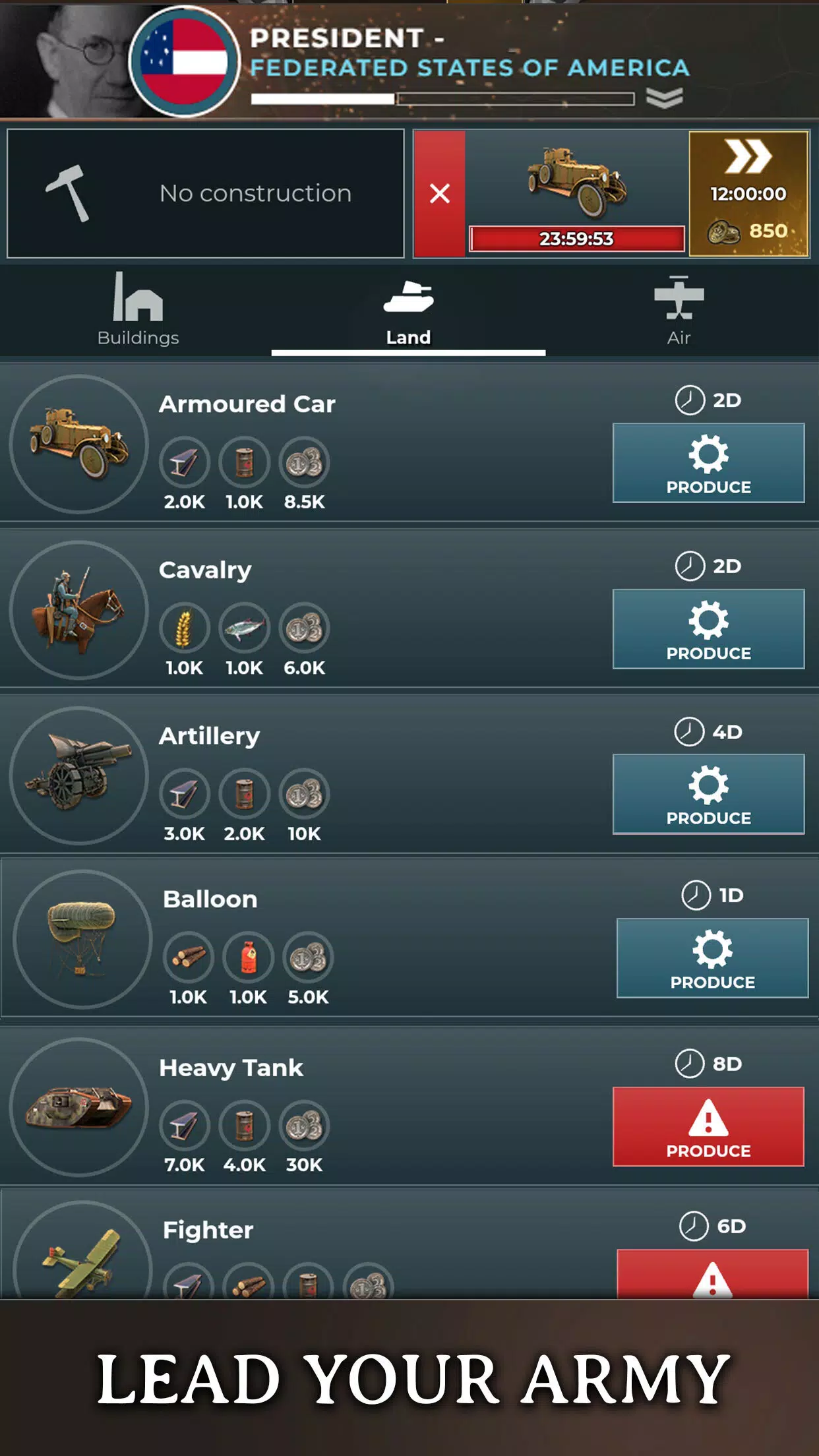If the United States had entered World War I earlier, the course of history could have shifted significantly. Here's a detailed exploration of how such a change might have impacted various aspects of the war and its aftermath:
Military Impact
Earlier Entry (1915 or Earlier): Had the U.S. entered the war in 1915 or earlier, it would have provided a significant boost to the Allied forces, particularly the Triple Entente (France, Britain, and Russia). The additional manpower and resources could have shortened the war, potentially leading to an earlier armistice.
Impact on the Western Front: U.S. troops could have alleviated the pressure on the French and British forces, possibly preventing the heavy losses they suffered in 1916 during battles like Verdun and the Somme. This might have led to a more decisive victory for the Allies on the Western Front.
Effect on the Eastern Front: An earlier U.S. entry might have also influenced the Eastern Front. With the Allies in a stronger position on the West, Germany might have been forced to divert more resources to the West, potentially weakening their efforts against Russia and allowing the Russian Empire to hold on longer before the Bolshevik Revolution.
Political and Diplomatic Impact
Impact on the Russian Revolution: If the war had ended earlier due to U.S. involvement, the Russian Empire might have avoided the severe economic and social strain that led to the 1917 revolutions. This could have prevented the rise of the Soviet Union, altering the course of 20th-century history.
Treaty of Versailles: An earlier U.S. entry and a quicker end to the war might have resulted in a less punitive Treaty of Versailles. With less time for anti-German sentiment to build, the terms might have been more moderate, potentially reducing the seeds of resentment that contributed to World War II.
U.S. Influence in Europe: An earlier entry would have given the U.S. more leverage in post-war negotiations, possibly leading to a more dominant role in shaping the new European order.
Economic Impact
War Economy: The U.S. would have had to mobilize its economy for war much earlier, potentially leading to a different economic landscape post-war. The economic boom that followed the war might have been more pronounced or started earlier.
Global Trade: An earlier U.S. entry could have disrupted global trade patterns more significantly, affecting neutral countries and potentially leading to different economic alignments post-war.
Social and Cultural Impact
American Society: An earlier entry would have meant more American lives lost and a different experience of the war at home. This could have led to a different social and cultural response to the war, potentially affecting the Roaring Twenties and the subsequent Great Depression.
Global Perception of the U.S.: The U.S. would have been seen as a more pivotal player in the war from the start, potentially altering its global image and influence in the interwar period.
Long-Term Consequences
World War II: A less punitive Treaty of Versailles and a different geopolitical landscape might have reduced the likelihood of World War II or at least altered its nature and timeline.
Cold War: The absence or delay of the Soviet Union might have meant no Cold War, or a very different one, with different alliances and ideological battles.
In conclusion, an earlier U.S. entry into World War I could have had profound effects on the war's outcome, the post-war world, and the entire trajectory of the 20th century. It would have potentially led to a shorter war, a different peace settlement, and altered the global political, economic, and social landscape in ways that could have prevented or significantly changed subsequent major historical events.


























